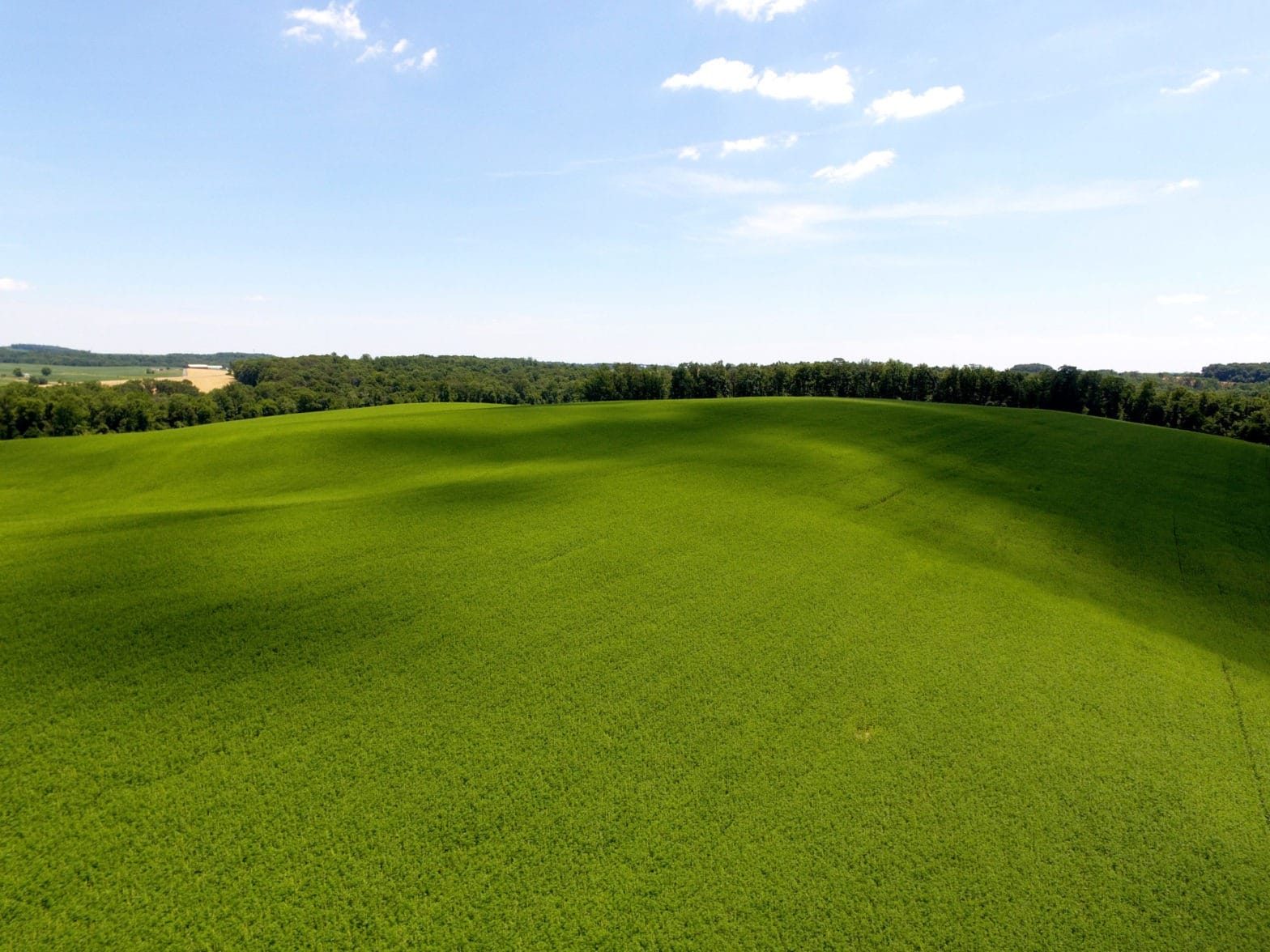Sustainability has become an attribute that many consumers and businesses look for in their products and the companies they support. Many are willing to pay a premium for more sustainable options for their everyday products. The power of the hemp plant doesn’t only come from its products, but also from its rapid renewability.
Hemp is an extremely proficient plant. When listing its capabilities, hemp has a tendency to seem a little too good to be true. But let’s dive a bit further into the sustainability of hemp, and clear the smoke around this wonder plant.
HEMP IS VERSATILE
Hemp has thousands of uses in a large variety of industries. Hemp-based ingredients like fiber, seed, oils and extracts can be used to produce animal bedding, textiles, paper, personal care items, automotive parts, construction materials, food and nutrition products, health products, bioplastics and even fuel.
HEMP IS GOOD FOR THE PLANET
Non-sustainable practices in the past have left us with quite a bit of damage to clear up. We are experiencing rapid climate change, and renewable sources of energy and agriculture are imperative for our survival.
Through the cultivation process, hemp can regenerate the soil in which it grows. In fiber hemp crops, the retting process allows for hemp to return vital nutrients back into the soil, as opposed to other crops which can remove and degrade the soil in which they grow. Hemp crops have also been used for phytoremediation, or the process of removing impurities from the soil, water and air in the area in which it is growing, and will even sequester CO2.
Hemp cultivation requires significantly less water and can thrive in various climates and conditions without negative impacts on the crop. Hemp is naturally pest-resistant and can produce substantially higher yields than other traditional crops grown in the same amount of space.
HEMP IS GOOD FOR PEOPLE
When discussing sustainability, the economic impact is just as important as the environmental impact. Hemp can do a lot for the planet, but it can potentially do even more for people.
Hemp can revitalize the farming industry by remediating the soil, increasing crop yield, and by providing renewable rotational crop options. For many of the same reasons that hemp can benefit the environment, it can also provide support to farmers who have been negatively affected by monoculture and soil-depleting crops. Due to the increase in demand for sustainable products by consumers, farmers can reap the economic benefits of an ever-increasing desire for renewable resources.
Hemp products are not only financially promising, but they also produce incredible results. Hemp seeds are packed with essential nutrients, making them a great option for both human and animal nutrition products. Hemp seed oil is naturally high in essential fatty acids and can replenish and protect the skin through topical applications in clean beauty products. Hemp fiber is incredibly strong and can create durable textiles like rope and clothing. Hemp building materials and insulation can create sustainable structures that are carbon-neutral and can regulate temperature with less energy consumption. And probably the most well-known application: Hemp extracts from high-CBD plants can be utilized in various ingestible and topical products with astounding therapeutic effects.
Understanding the full range of sustainable benefits from hemp takes the plant from an option to a requirement when looking for renewable resources. It may not be an exaggeration that hemp can change the world, simply because hemp is good for people and the planet.
To learn more about the applications of hemp-based ingredients, check out our resources and guides.

